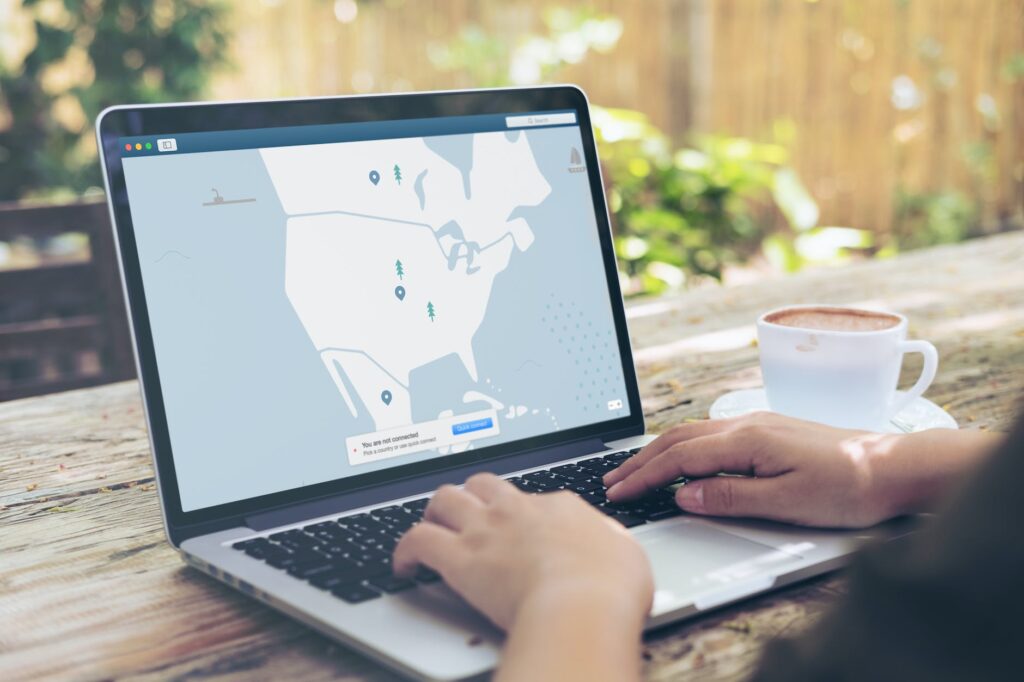Understanding Free VPN Risks: Why You Should Be Cautious
Introduction
With the growing need for online privacy and security, Virtual Private Networks (VPNs) have become increasingly popular. While the allure of a free VPN can be tempting, it’s crucial to understand the risks associated with them. This article delves into the potential dangers of using free VPNs, ensuring you’re well-informed before making a decision.
Deceptive Data Privacy
One of the primary concerns with free VPNs is their handling of user data. Unlike their premium counterparts, many free VPN providers may log or sell your browsing data to third parties to support their operations. This practice severely undermines the basic purpose of a VPN, which is to guarantee online privacy.
Security Vulnerabilities
Free VPNs often lack the robust security measures that premium services offer. The encryption protocols used by free services might be outdated or inadequate, leaving your data susceptible to breaches. Without proper encryption, your sensitive information could easily fall into the wrong hands.
Malware Risks
A significant number of free VPN apps are notorious for containing malware. These malicious programs can infect your devices, leading to data theft or damage. Always be wary of free VPNs that can introduce such harmful elements to your digital space.
Limited Features
Free VPNs usually offer a limited set of features compared to paid versions. This can include restrictions on bandwidth, server locations, and data usage. These limitations can affect the quality of your browsing experience, making it difficult to stream or download content efficiently.
Bandwidth Throttling
Some free VPN services may intentionally slow down your internet speed to encourage users to switch to a paid plan. This practice, known as bandwidth throttling, can be extremely frustrating, especially when trying to stream media or download large files.
Unreliable Connections
The reliability of a VPN connection is paramount. Free VPN services often struggle to provide consistent connections due to overcrowded servers. This can lead to frequent disconnections, which can disrupt your online activities and expose your data to potential threats.
Intrusive Ads
Many free VPNs rely on advertising as a revenue model. This often results in a barrage of intrusive ads that not only interrupt your browsing experience but can also lead to further privacy concerns. These ads can track your online behavior, ironic for a tool meant to enhance privacy.
Alternatives to Free VPNs
For users seeking a safer and more reliable VPN experience, consider premium VPN options that prioritize user security and privacy. Services like Surfshark, NordVPN, AtlasVPN, PureVPN, and Windscribe offer robust security features, reliable connections, and a commitment to user privacy without the drawbacks of free VPNs.
Conclusion
While free VPNs might seem like an attractive choice for safeguarding your online privacy at no cost, the potential risks often outweigh the benefits. By opting for a trusted paid VPN service, you ensure a safer, more secure, and more efficient browsing experience.
FAQ
What makes free VPNs dangerous?
Free VPNs pose risks such as logging user data, lacking robust security protocols, and exposing users to malware.
Can free VPNs slow down my internet connection?
Yes, many free VPNs throttle bandwidth, which can significantly reduce your internet speed.
Are paid VPNs better than free VPNs?
Paid VPNs typically offer enhanced security, a wider range of features, reliable connections, and don’t sell user data, unlike many free VPNs.
Is it worth paying for a VPN?
Paying for a VPN can significantly enhance your online privacy, security, and browsing experience, making it a worthwhile investment.



